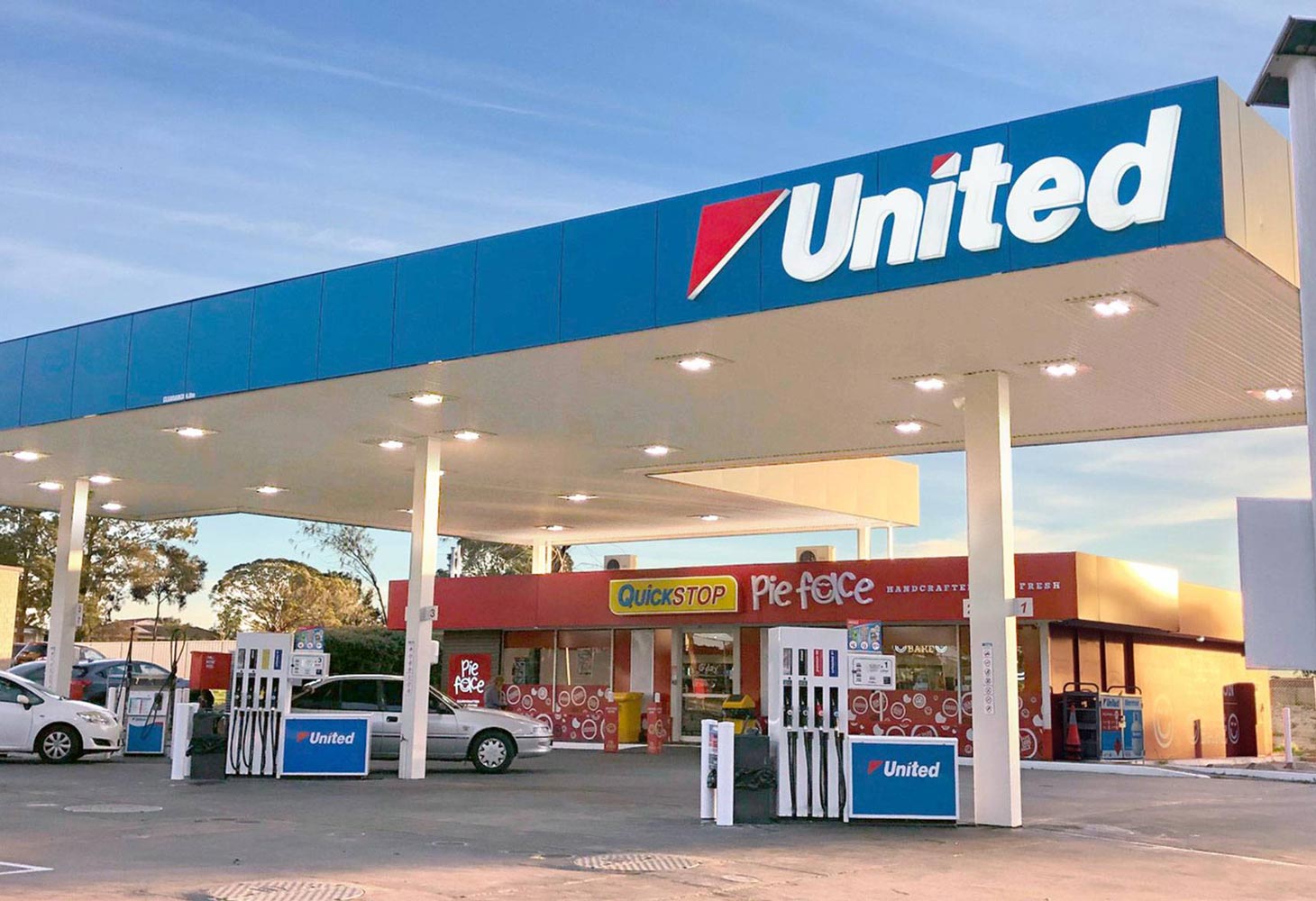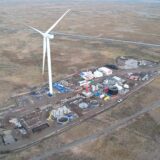
Aramco Trading signs MoU with Australia’s United Petroleum
Aramco Trading Company (ATC), the trading arm of Saudi Aramco, has signed a non-binding Memorandum of Understanding (MoU) with United Petroleum Pty Ltd, an independent fuel supplier and convenience store operator with around 500 sites in Australia. The MoU covers potential long-term fuel supply, product storage and other business opportunities.
Under the MoU, Aramco Trading will explore the sale and supply of refined fuels to United Petroleum to meet fast-growing demand in its network of facilities in Australia and elsewhere.
At the same time, Aramco Trading and United Petroleum will explore product storage and logistics collaboration, with a view to generating long-term value for both businesses. They will also assess additional areas of potential cooperation, both in the energy sector and other growth areas.
“We are delighted to sign this MoU to further strengthen our relationship with Australian businesses. Through this MoU, we hope to advance the vast opportunity for growth in United Petroleum’s distribution networks across Australia and elsewhere,” said Ibrahim Al Buainain, president and CEO of Aramco Trading.
In a joint statement, United Petroleum owners Avi Silver and Eddie Hirsch said: “With our growth expectations both domestically and internationally, we are very pleased to be signing this MoU with ATC. Given ATC’s strength and oversight of the petroleum industry, we will have the ability to leverage their knowledge and collectively expand and enhance what we do. This is a very exciting opportunity for United Petroleum and ATC.”
United Petroleum was established in 1993 with the opening of a chain of service stations/convenience stores in South Australia. Since then, it has expanded operations into Victoria, and over the next two years built networks in New South Wales, ACT and Queensland. Subsequently, the company acquired and developed sites in Western Australia, Northern Territory and Tasmania and now have a national network of service stations and associated tenancies.
In the mid-2000, it acquired fuel import terminals in Victoria, New South Wales, Queensland, Northern Territory and Tasmania.














